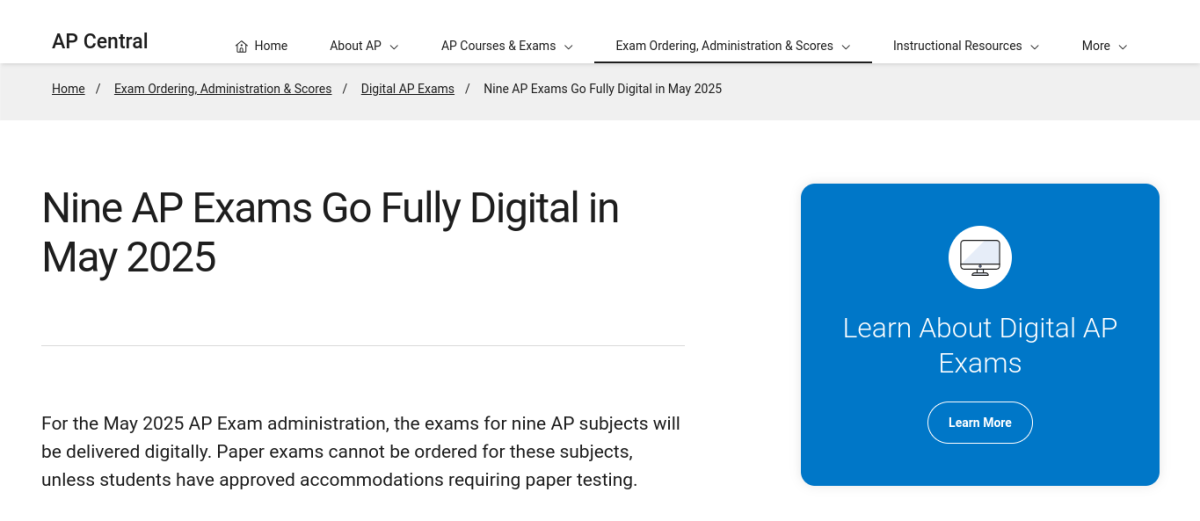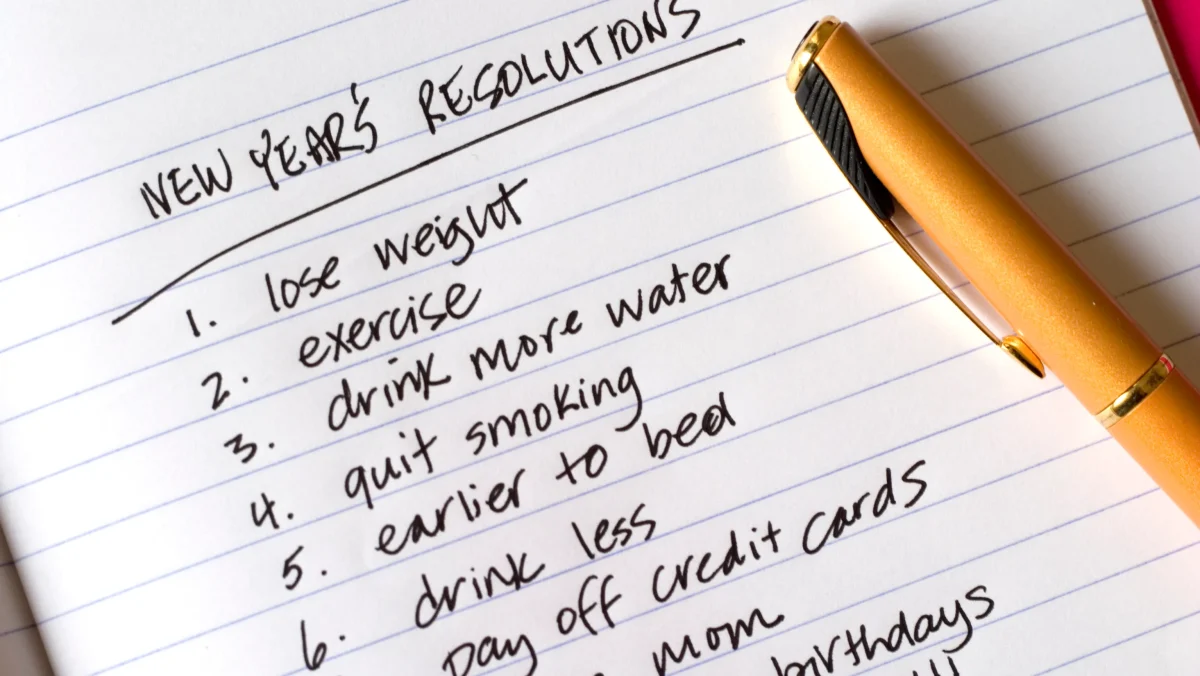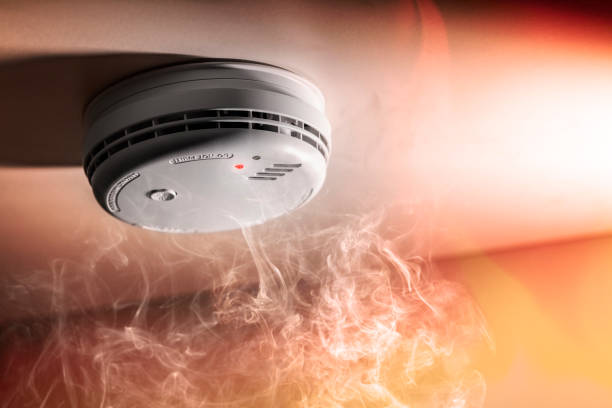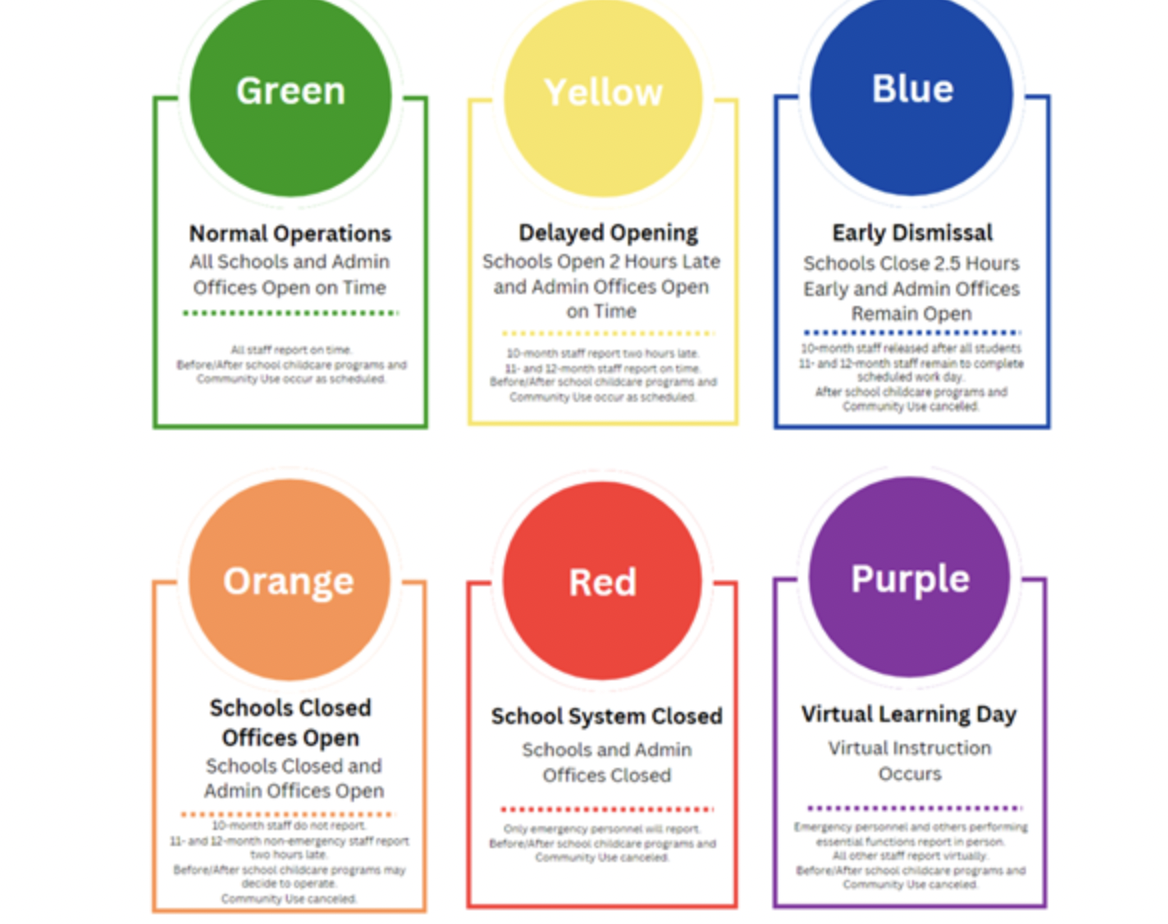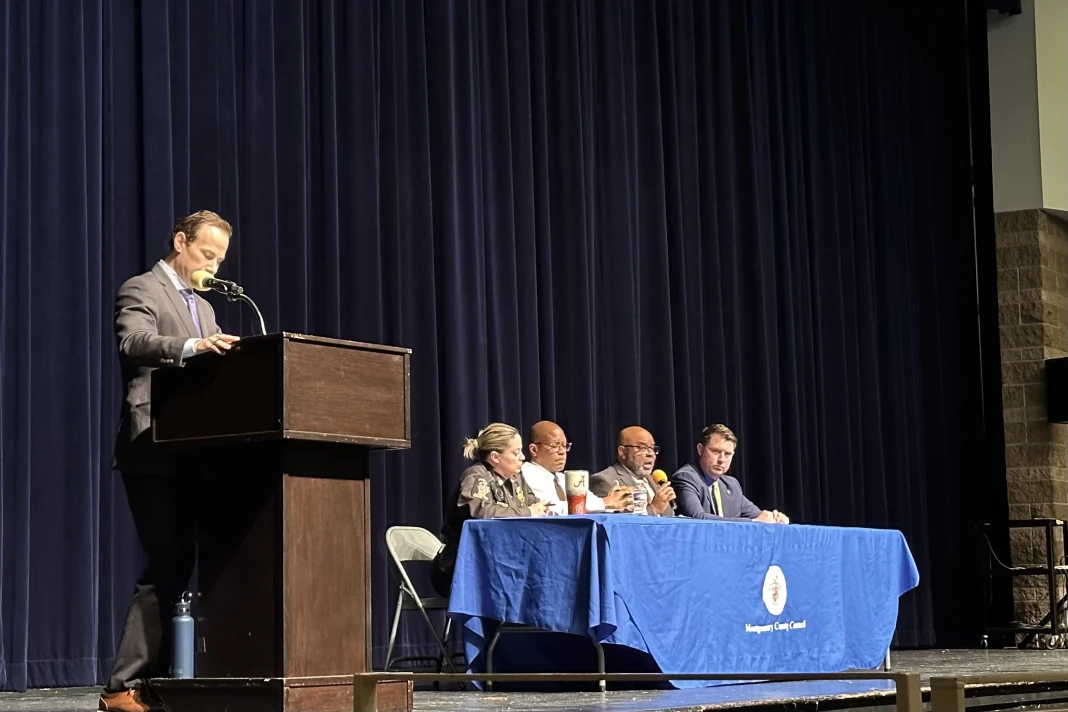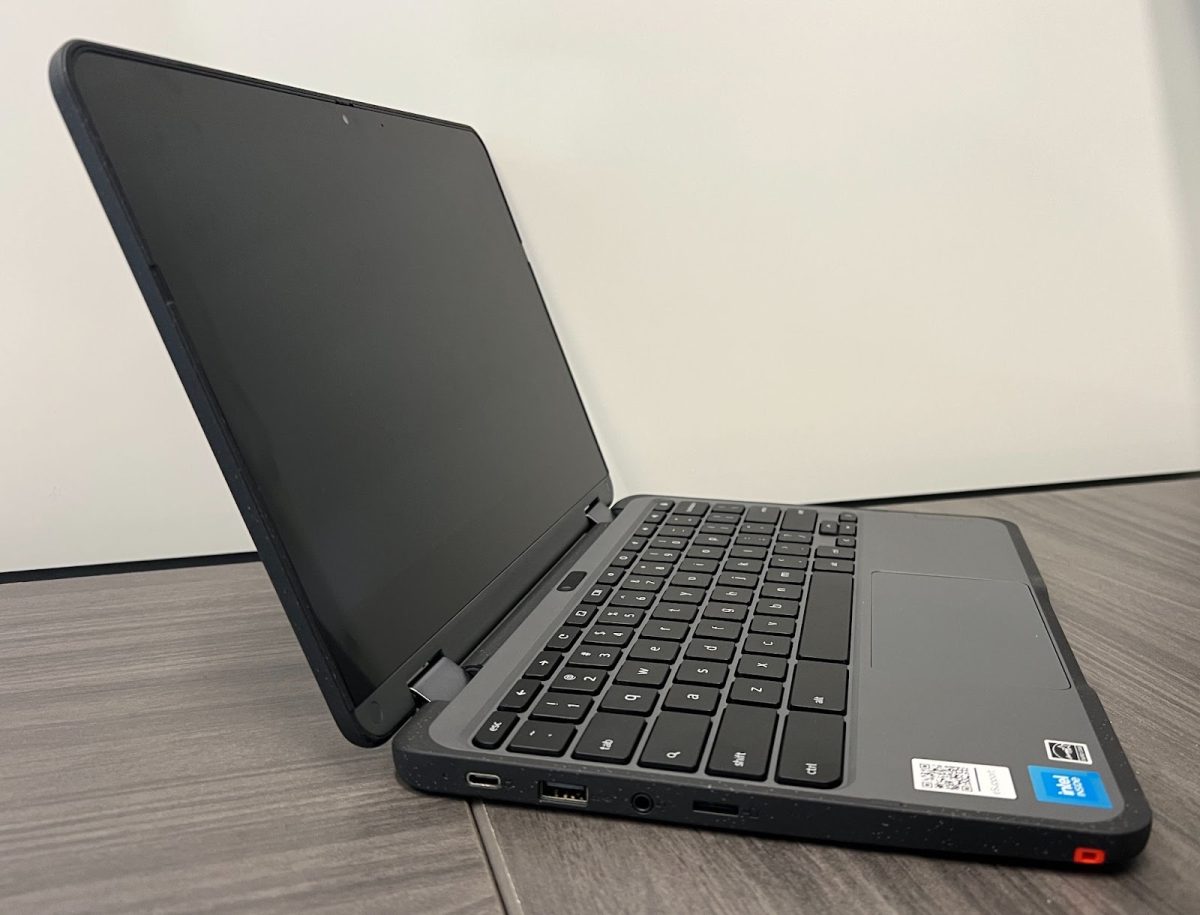Picture this: an exhausted AP student is ready to take the exam and finally gets the chance to relax after a stressful month of studying. This time, their exam is online. They may get through the first multiple choice section, or even the essay writing portions when the test suddenly crashes on them, forcing them to take the exam all over again at a later date. This is a likely reality for AP students next year as nine popular exams will go online.
In 2025, nine AP exams will be going completely digital. This includes popular classes like AP US History, AP English Language and Composition and AP Psychology. With these popular exams going digital, the College Board servers will have to manage hundreds of thousands of students which will likely be a problem.
The College Board does not have a great history with digital exams. When the PSAT was administered digitally for the first time in MCPS, it was almost immediately canceled at many schools because of the sheer amount of technical issues everyone faced. This meant that students had to come in again to take the PSAT, a major inconvenience for busy high schoolers.
This issue will only be exacerbated with AP testing. If an exam’s system breaks and a student has to come in again to take it, it could conflict with their other exams and affect their overall scores. Furthermore, it doesn’t seem as though the College Board is doing anything to mediate these digital problems before they begin As students will use the same Bluebook™ testing app that was used during the PSAT. If this software didn’t work during the PSAT, it is not likely to work during AP exams either.
There is also further evidence that digital AP exams are bound to fail. Currently, language exams are the only tests to be administered digitally, besides AP Music Theory. But last year, the AP Chinese exam crashed for students across the East Coast, forcing them to take the make-up exam after already wasting three hours.
Not only that, but teachers are used to training their students for the paper exams; the majority of exam preparation materials currently used is on paper which creates barriers for instruction. For example, most teachers have students practice handwriting the short and long answer questions they will have to be able to write on the exam.
The average teacher is not familiar with the Bluebook™ testing app that will be used on upcoming exams, so how can they recreate an exam scenario to help best prepare students? Having students digitally take practice tests also opens up more opportunities for cheating which prevents this practice from being beneficial. According to a Forbes article from 2020, college students in online courses have a 70%chance of cheating, the highest percentage ever among college students. At this point, teachers have been teaching students to take paper exams for decades, and such an abrupt change could seriously affect students’ scores.
Digital exams also put more pressure on students to ensure that they have the proper materials. These exams will use school-provided chromebooks, which means that if a student’s chromebook breaks or if it runs out of charge, they may not be able to complete the exam. There is also a chance that this new computer program could glitch or restart, forcing a student out of the exam through no fault of their own. This concern wouldn’t exist if exams just stayed the way they are now.
However, there are some potential benefits to these exams going online that could result in more efficient testing. Many of these exams involve a lot of writing which is normally done by hand and can often slow students down or result in uncomfortable hand cramps. Digital exams will also be easier to grade as graders will not have to deal with unreadable handwriting or trying to decipher the many typos that come from stressed students in a time crunch.
Nevertheless, all of these benefits hinge on the belief that these exams will function the way that they should, and so far that has not been the case. While many believe that digital exams would lead tostudents receiving their results faster, this will likely not happen. WCHS students who took the digital March SAT had to wait about four weeks as opposed to the typical two weeks for their scores. Additionally students’ scores have a much higher chance of getting lost since College Board is clearly struggling to manage scores and send them out in time.
While there are some potential benefits to AP exams going digital, this new choice is a very risky possibility that could end up majorly hurting students rather than helping them. The College Board should reconsider their decision to change these exams in the first place, or at least make sure that the technology used to administer these exams will actually work. Students work incredibly hard in order to do well on these exams and it is not fair for their hard work to go to waste because of the College Board’s incompetence.


